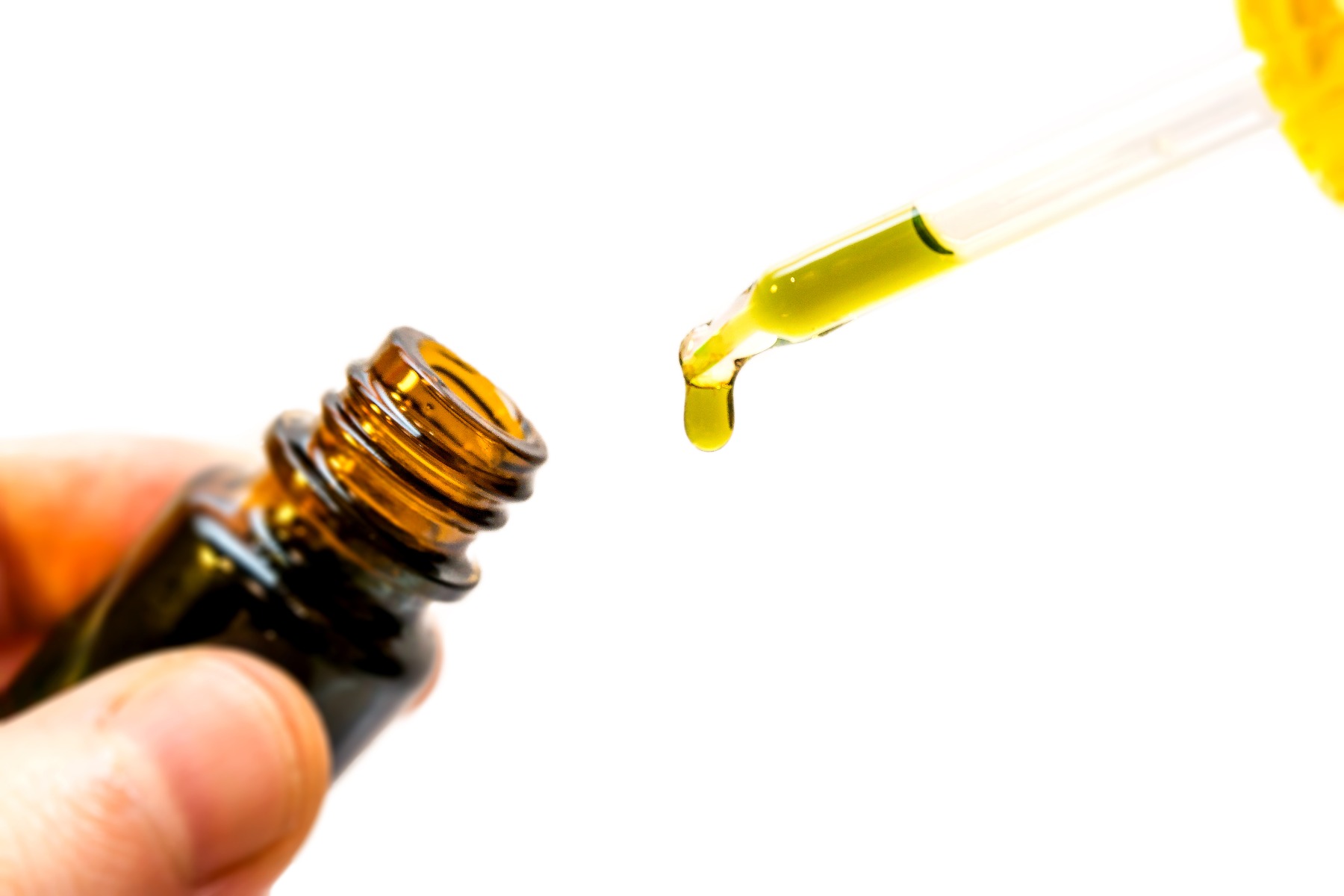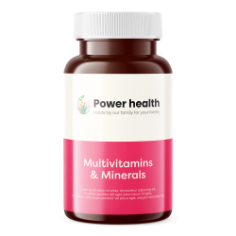What Is Aromatherapy?
Aromatherapy is the practice of using essential oils for therapeutic benefit. Aromatherapy has been used for centuries. When inhaled, the scent molecules in essential oils travel from the olfactory nerves directly to the brain.
Some claims state helping with anything from a headache, sleep or sore throats.
Essential oils can also be absorbed by the skin. A massage therapist might add a drop or two of oil to help relax tight muscles during a rubdown. A skincare company may add lavender to bath salts to create a soothing soak.

What are Essential Oils?
Essential oils are basically plant extracts. They're made by steaming or pressing various parts of a plant (flowers, bark, leaves or fruit) to capture the compounds that produce fragrance. It can take several pounds of a plant to produce a single bottle of essential oil. In addition to creating scent, essential oils perform other functions in plants, too.
Use of essential opils can be traced back over thousands of years.
Ancient Egyptians used them for ritualistic ceromonies, medicinal and cosmetics and the ancient Greeks also used them for medicial treatments.
What are the types of essential oils?
The answer to this question is many but below are most of the common ones used:
- Lavender
- Tea tree
- Peppermint
- Spearmint
- Citronella
- Cedarwood
- Grapefruit
- Ginger
- Geranium
- Star Anise
- Spearmint
- Sandalwood
- Thyme
- Rosemary
- Turmeric
- Lemon
- Clary sage
- Frankincense
- Ylang ylang
- Patchouli
Essential oils are very highly concentrated.
As you might imagine, it takes a massive quantity of plant to produce just a tiny amount of oil.
As a potent solution, it only needs very small amounts to offer its many benefits; a single drop to start with can give positive effects on your body.
What benefits can esential oils give you?
The benefits are wide-ranging and many people talk about positive results in helping with some of the following:
- Help with sleeping - Lavender, Tea Tree, Ylang-Ylang or Jasmine can help
- Boosted immunity - oils that can help here are Eucalyptus, Lemon and Tea Tree
- Improved skin condition - two of the most beneficials are Bergamot and Ylang-Ylang
- Help with anxiety and relaxation - use Lavender, Bergamot or Frankincense
- Help with blocked sinuses - Peppermint has been shown to help with this issue
In summary
As with all of these possible benefits, they work for some people but not others. Certainly trying small amounts of essential oils is not harmful and may have some positive effects for you.












